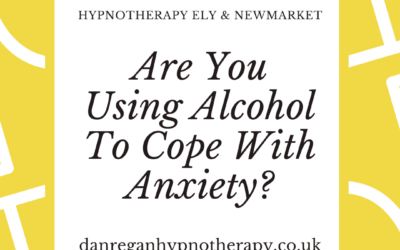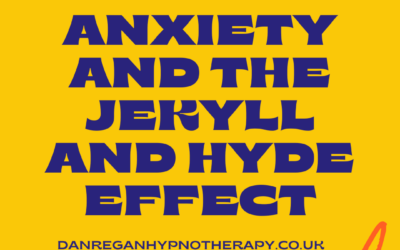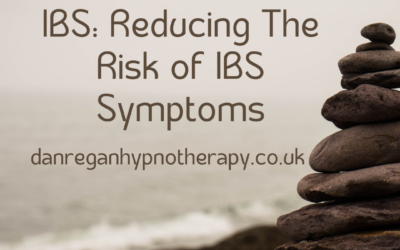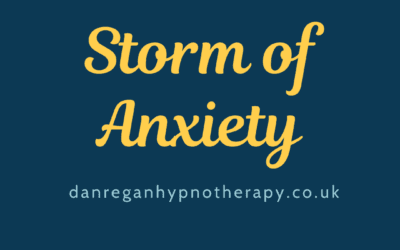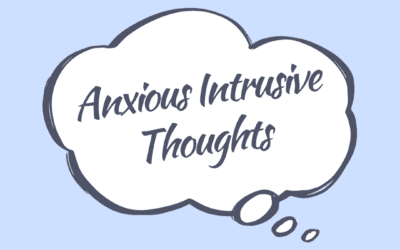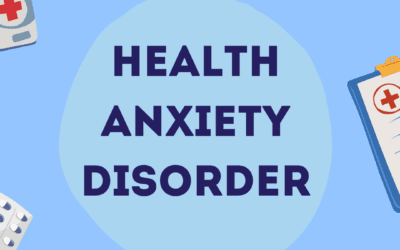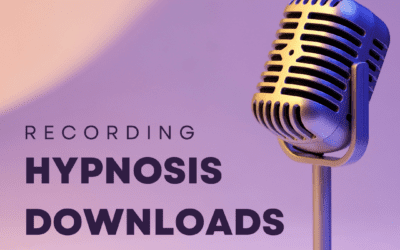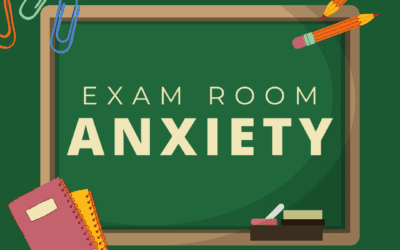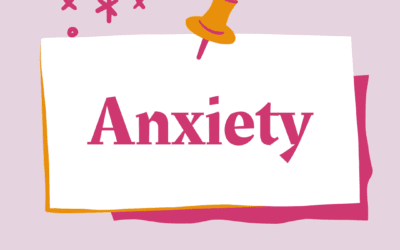Required
Are You Using Alcohol To Cope With Anxiety?
Are You Using Alcohol To Cope With Anxiety?
Has alcohol become the way you try to cope with your anxiety? What may have started out as a way to try and relax or to numb the uncomfortable thoughts and feelings can soon start to create more and more problems in your life.
It’s definitely not uncommon with people I work with, and in the wider community, for alcohol to be used as a way of trying to switch off from thinking and to try and quieten your mind for a bit. Many people have a drink or two in the evening just for this purpose. Having used this external means to change how they feel for so long, without that drink, all the stress, anxiety and overthinking can soon take over.
Alcohol can have this sort of calming effect but it can come at a cost. The quality of your sleep can diminish making it harder to deal with things the next day. Those empty calories can also have an impact on your health and your waist line. And, of course, that crutch to reply on means you never find effective ways to be able to manage your own thoughts and feelings successfully.
As happens with most substances, that need for a drink can creep up and up. To try and get the same effect of switching off from anxious thoughts and feelings you can find yourself consuming more alcohol. You can find that you reach for that drink to cope with any other difficult feelings too, such as any feelings of lowness and stress. Sometimes, even after your anxiety has calmed, the drinking habit persists. You know it’s a depressant, you know that it can exacerbate anxiety and you know it doesn’t help solve any problems yet that pattern still happens whether you want it to or not. And still you may not have found the healthier and more beneficial coping strategies that you need when you don’t or can’t drink for some reason.
Back when I struggled with anxiety and low self-esteem, alcohol would be my way of seeking to calm down the anxiety so I could try and relax and enjoy myself socially.

